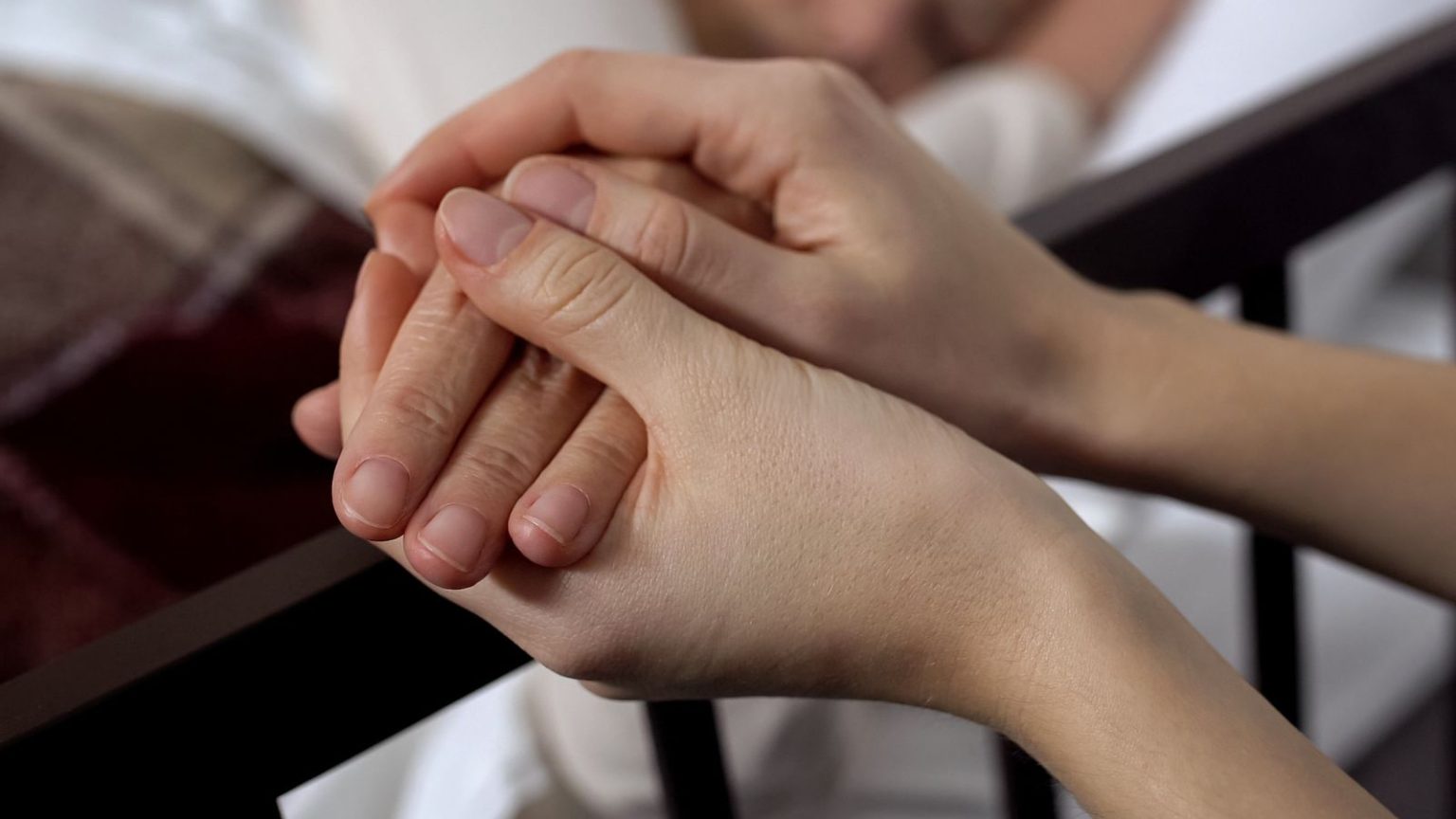London, UK – In a significant development that casts a shadow over the future of the controversial Terminally Ill Adults Bill or dying bill, the Royal College of Psychiatrists (RCP) has announced its decision to withdraw its support. The move comes just ahead of the bill’s highly anticipated return to the House of Commons this Friday, delivering a considerable blow to its proponents.
The RCP’s stark declaration follows a week where similar legislation in Scotland cleared its initial parliamentary hurdle, highlighting the diverging paths being taken on this sensitive issue across the United Kingdom.
Dr Lade Smith, president of the Royal College of Psychiatrists, delivered a decisive statement, explaining the college’s change of stance. “The RCP has reached the conclusion that we are not confident in the Terminally Ill Adults Bill in its current form, and we therefore cannot support the Bill as it stands,” she asserted.
This withdrawal of support carries particular weight due to the bill’s current framework, which mandates the involvement of a panel including a psychiatrist to oversee assisted dying cases. The RCP has articulated several key concerns underpinning its decision. These include the bill’s lack of provision for addressing unmet needs of patients, the fundamental question of whether assisted dying should be classified as a treatment, the ambiguous specific role envisioned for psychiatrists on the oversight panel, and the potential for an unsustainable surge in demand on psychiatric services.
The implications of the RCP’s retracted endorsement remain uncertain should the bill ultimately pass through Parliament. Legal and ethical questions are likely to arise regarding the composition and authority of the oversight panel in the absence of the college’s backing.
Kim Leadbeater MP, the driving force behind the bill, has sought to address some concerns by confirming the inclusion of a clause ensuring that individuals who object to participating in the assisted dying process will not be obligated to do so.
Supporters of the legislation maintain that it offers a compassionate path to alleviate the suffering of individuals facing terminal illnesses. Conversely, opponents voice grave concerns about the potential erosion of safeguards for vulnerable members of society.
Key Questions Loom Over the Bill:
The prominent role designated for psychiatrists in the bill is a relatively recent development, emerging from a previous amendment during the legislative process.
Initially, the bill stipulated that after receiving approval from two independent medical practitioners, an assisted dying case would require further ratification by a High Court judge. However, in a significant move during March, MPs on the parliamentary committee scrutinising the bill voted to remove this judicial oversight clause.
In its place, Ms Leadbeater proposed the establishment of a voluntary assisted dying commissioner, supported by an expert panel that would include a psychiatrist. While Ms Leadbeater championed this revised structure as a “strength, not a weakness,” opponents vehemently disagreed, arguing that the removal of High Court judicial scrutiny “fundamentally weakens protections for the vulnerable.”
Amidst the ongoing revisions and amendments to the original bill, there have been increasing anxieties surrounding the robustness of safeguarding measures and the proposed implementation timelines, as previously reported by Sky News’ political correspondent Ali Fortescue.
Friday’s crucial debate in the House of Commons was already subject to a delay from its initial date of April 25th, granted to allow MPs additional time to meticulously consider the various amendments tabled.
Should the bill successfully navigate Friday’s vote, it will then proceed to the House of Lords, where it will undergo a similar rigorous legislative process. Even if it secures passage through the upper chamber, the bill is not anticipated to come into effect until at least 2029, following a previously announced delay in its implementation.
The Royal College of Psychiatrists’ withdrawal of support injects a fresh layer of complexity and uncertainty into the already fraught debate surrounding assisted dying, setting the stage for a potentially contentious and closely watched session in the House of Commons this Friday.



